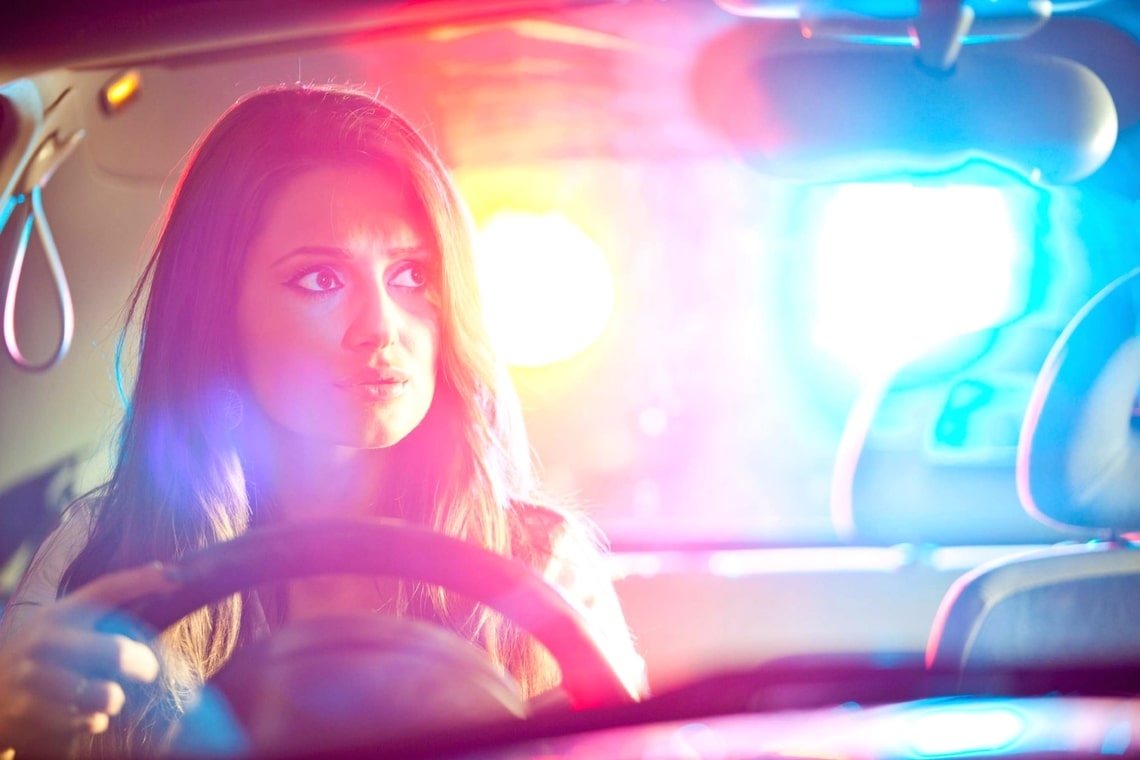In Chesterfield Magistrates’ Court today, Claire Rostron was sentenced to an 18 month disqualification for her drink driving offence. She left the court with her husband, glad that she could finally put the day of the hearing behind her and move on with her life.
Claire told Forrest Williams during her first telephone call that she had no defence to the charge and that she wanted to plead guilty. Two things were clear to Claire’s case handler from the very beginning: that she was full of remorse about what had happened and that she did not want to make any excuses for her behaviour.
On the date in question, Claire had agreed to have a couple of drinks with her colleagues immediately after work. This, she told us, was difficult to explain as it was something she would never usually do. There was, in fact, no celebration or specific reason for having the drinks – it was, she said, ‘just one of those snap decisions’.
Unfortunately, although this was very unusual for Claire, it is something Forrest Williams hears frequently. It is, in our experience, these non-typical decisions that can result in a clouding of judgement later on, and a decision that we can drive ourselves home. People often tell us that they ‘felt okay’, so assumed they would be under the legal drink-drive limit.
In Claire’s case, she hit a couple of traffic cones while making her journey home, on a road where there were temporary road works. An off-duty police officer was in the car behind her and this officer called the police, who then arrived at the scene.
Claire told us she was deeply ashamed of her actions and just wanted to get the court hearing over with as quickly as possible. She accepted she would be disqualified but said she deserved this and would have to find a way to travel to work using public transport for the duration of the disqualification period.
Claire’s barrister spoke for her in court and highlighted the fact that, in the 30 years she has held her driving licence, she has never had any points or been disqualified for any reason. This incident was clearly out of character – ‘a moment of madness’, in Claire’s words.
The court took account of Claire’s breath-alcohol reading (74mg) and mitigation when sentencing. She was offered a place on the drink drive rehabilitation course, the completion of which will reduce her disqualification period by 25%.
Claire was understandably relieved that the hearing had, in some ways, brought an end to the pressure she had been under since the date of her arrest. She was pleased with the outcome, having been made aware that her disqualification period could have been much longer, and said she was keen to complete the drink drive rehabilitation course, as she felt she could only learn from this experience.
Interestingly, Claire told us after the hearing that she had been taking notice of what happened to the people who were not represented in court, and realised she had made the right decision in approaching Forrest Williams.
Once again, Forrest Williams can honestly report that people get better outcomes when professionally represented, plus they feel they are treated as individuals within a system that can all too easily make defendants feel like nothing more than another number.
If you are charged with a drink driving offence, call our expert team now for honest legal advice on 01623 397200.





